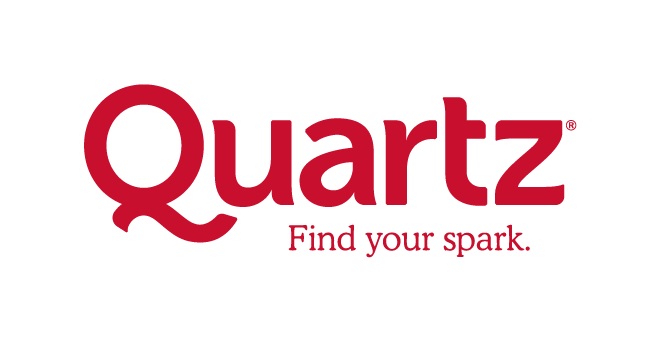Home > Health & Wellness Programs
Health & Wellness Programs
More programs and resources that focus on your whole health for a better quality of life


Obesity & Type 2 Diabetes Reversal
Quartz is partnering with Virta Health to help members reverse Type 2 diabetes and obesity. Members receive one-on-one coaching, medication help, and tips and tools from the Virta app. Quartz members also receive tracking tools, including a scale, ketone and glucose meter, and testing strips.
This program is available at no extra cost.*

Quartz Mental Well-being Programs with AbleTo
No one should feel alone when experiencing the weight of anxiety and stress impacting their life. Quartz mental well-being programs with AbleTo make it easy for members to find the mental health support they deserve on their time. Eligible members get 24/7 access to digital self-care tools, plus the option to schedule one-on-one coaching or therapy within five business days.

Lifestyle Change program

Behavioral Health Case Management

Healthy Beginnings and Healthy Futures
A growing family can be exciting, and it can bring new challenges. Quartz clinical care managers are here for you with resources that support social and mental well—being through your pregnancy and the first 12 months of your child’s life. To sign up, call Quartz Care Management at (866) 884-4601.

Health Screening Guide

Quartz Well program
Quartz Well, our digital wellness program, makes it more rewarding to take care of what matters to you. Earn points* while focusing on personalized goals, healthy habits, and tracking smart choices like water intake, sleep, and more.
- Get points for completing preventive care, like immunizations and screenings
- Sync your favorite tracking device or compatible mobile apps
- Connect with friends and co-workers to complete health challenges
*Quartz Well is not available to Quartz Medicare Advantage (HMO), Quartz Dual Eligible, Medicare Supplement, Medicare Select, Quartz BadgerCare Plus and/or Medicaid SSI, and State of Wisconsin Group Health Insurance Program members.

Care Management
Registered nurses and other health care professionals are available to collaborate with you and providers. This service helps members manage their health care needs while addressing physical, behavioral, cognitive, social, and financial priorities. Care Management is available to members at no additional costs. Members can opt out of the program anytime by notifying their care manager.
Quartz will provide tools and support to members self-manage their condition. Some members with qualifying conditions may be eligible for a blood pressure monitor, blood sugar meter, or home scale, at no cost. If you have questions call Quartz Care Management at (866) 884-4601.

Additional Resources
Healthwise is an information hub that provides immediate access to expert health research covering vast health-related topics.
211 is a service that provides immediate 24/7 access to experts who connect you with the help and resources you need, from food and meals to mental health, transportation, and more.
Call 911 immediately if you are at risk of harming yourself or others. If you are feeling suicidal or in any other mental health crisis, call 988 for the Suicide and Crisis Lifeline.